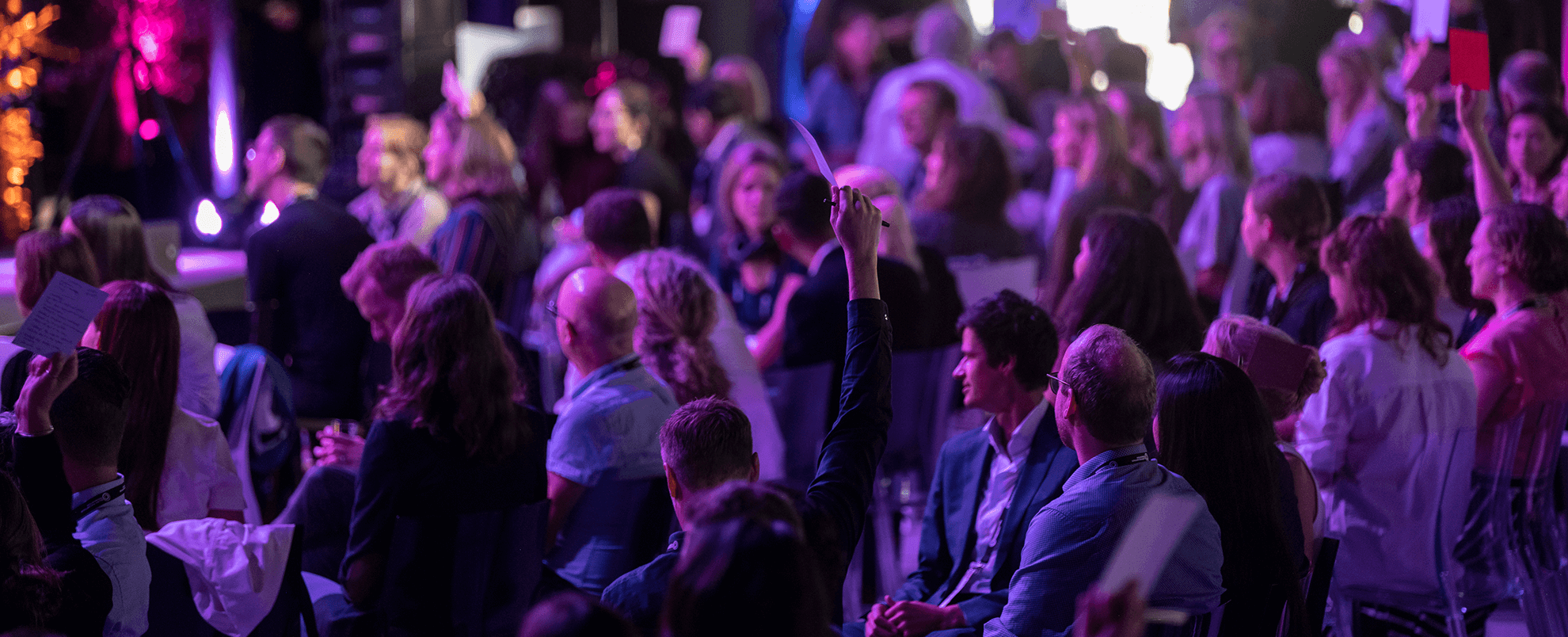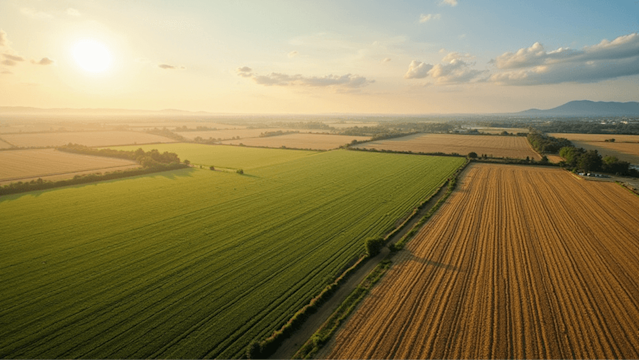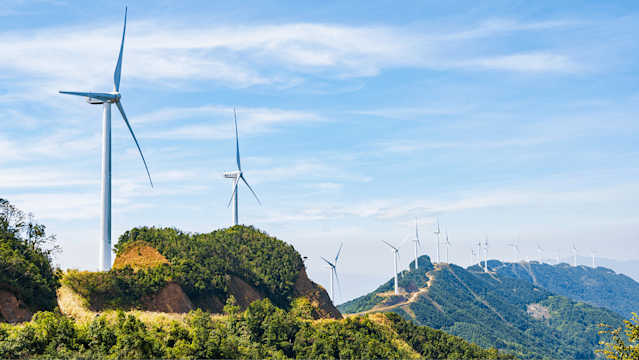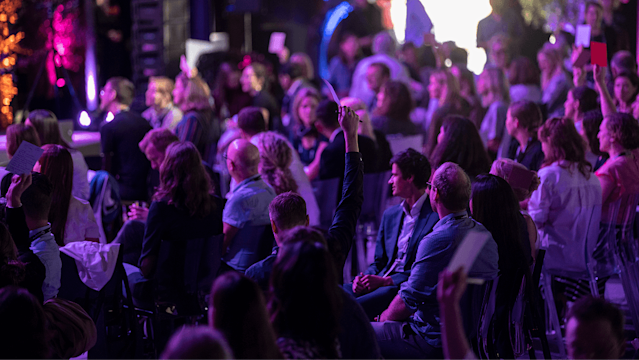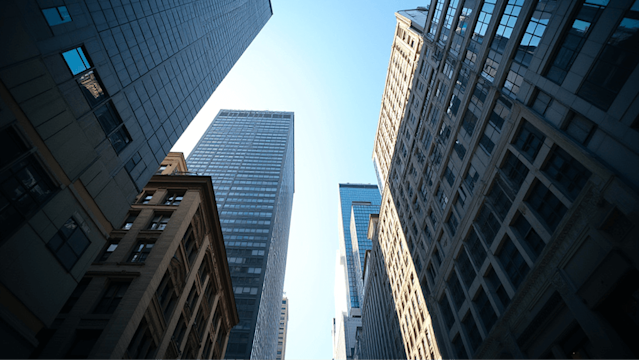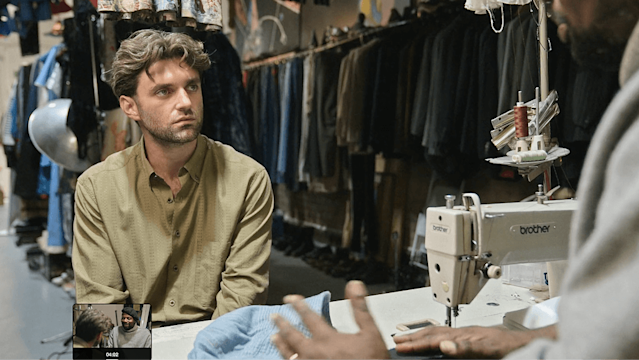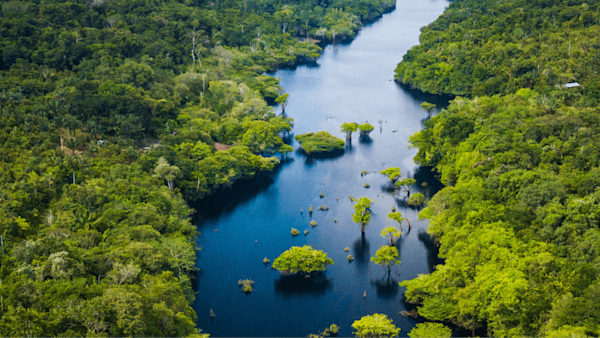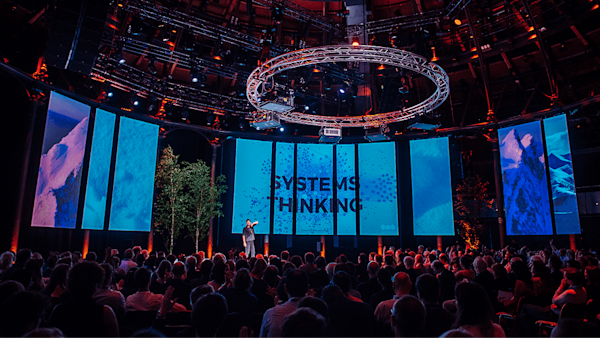This is part of a series of impact stories highlighted in our 2024 Impact Report. To explore more impact stories, see the full collection.
Our Network is a pioneering global community of businesses, policymakers, investors, philanthropists, and other changemakers working to make the circular economy a reality. It sits at the centre of our mission and strategy enabling not only ambitious collaboration and innovation, but also a deep understanding of the barriers and opportunities to scale circular practice. We work with this community to systematically unlock those barriers and equip our partners with the tools needed in the transition.
"Circularity cannot be achieved by one function or team alone. Purposeful collaboration is key."
Deb Caldow
Global Marketing Sustainability Director, DiageoAdvancing marketing and business model innovation have been our primary focus areas this year. The Marketing Playbook – produced in collaboration with Kantar – showcased the opportunities offered by the circular economycircular economyA systems solution framework that tackles global challenges like climate change, biodiversity loss, waste, and pollution. It is based on three principles, driven by design: eliminate waste and pollution, circulate products and materials (at their highest value), and regenerate nature. for marketers to enhance brand value and strengthen customer relationships. Meanwhile, our new learning platform, Campus, went live to educate and activate millions of employees across our Network, deepening understanding and accelerating circular economy action beyond sustainability teams.
These targeted tools stand alongside a range of in-person conferences, sprints, and events, designed to foster collaboration and innovation. For example, our business transformation conference, Keystone, provided participants with a set of actions to support their organisation’s circular economy leadership. Building on this event, selected Chief Sustainability Officers (CSO) were invited to a retreat focused on how to develop investment cases for the circular economy that would engage decision-makers, boards, and investors. Feedback from CSO participants was overwhelmingly positive, for example one said: “It was inspiring to be among fellow CSOs from diverse sectors, sharingsharingThe use of a product by multiple users. It is a practice that retains the highest value of a product by extending its use period. ideas, exploring opportunities, and engaging in meaningful dialogues.”


Case study
Microsoft’s Circular Supply Chain initiatives
"Since the EMF sprint in October 2024, we have made strides in advancing our Circular Supply Chain initiatives. Our efforts have focused on enhancing material transformation capabilities and utilising our supplier network to promote the reuse and recycling of recovered materials.
We continue to pilot new processes to collect materials from takeback systems and internal business operations for use in our devices. Additionally, we continue to design products with recycled content, recyclability, and repairability in mind. The EMF sprint was helpful in providing us a framework for supply chain circularity and the opportunity to work through our proposal in detail. We look forward to continuing this momentum and achieving our long-term goals for a more circular economy."
Elena Papakosta, Senior Sustainability Program Manager, Microsoft Corporation
In this collection
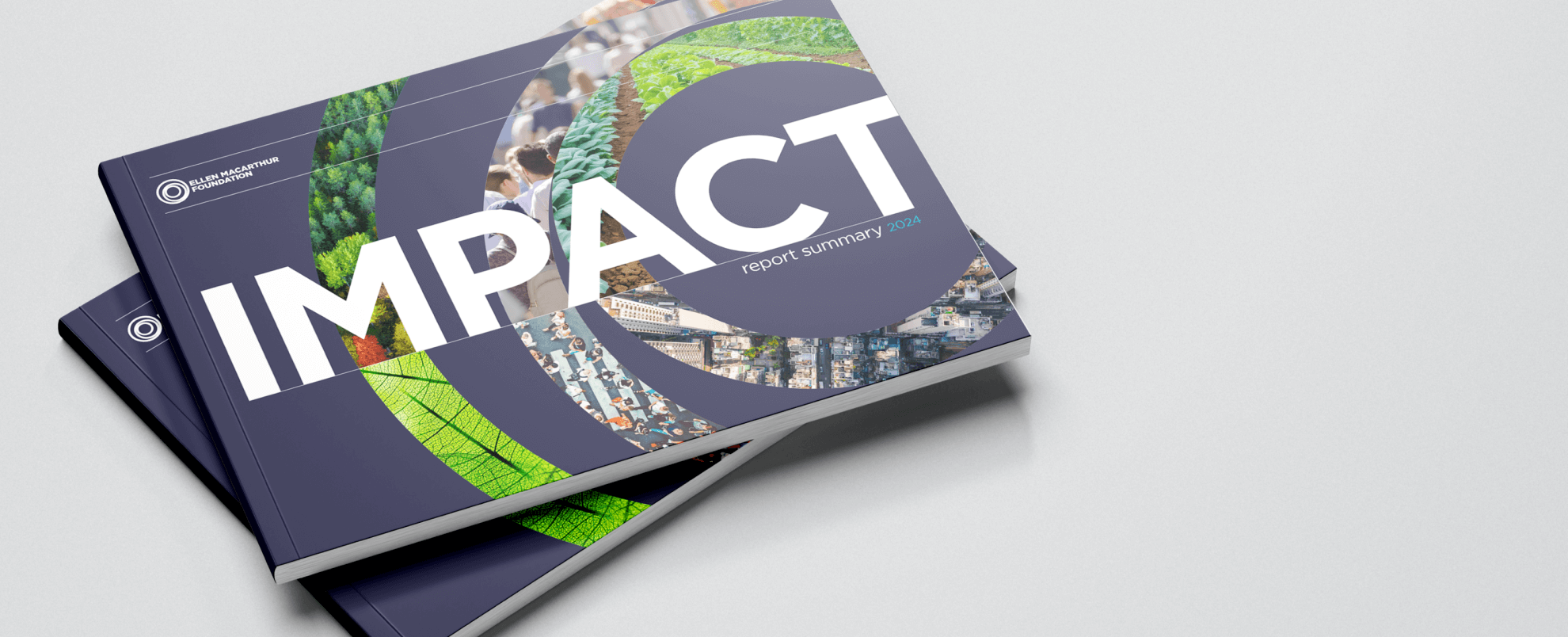
Breaking new ground
The Ellen MacArthur Foundation's Impact Report Summary 2024
We are a leading global organisation committed to transforming the economy so that it works for people and the environment.
